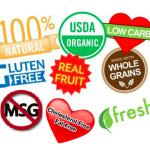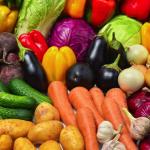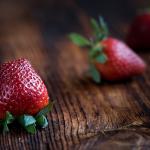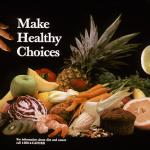Most popular news stories about diet soda follow a predictable formula that goes as follows.
Food & Nutrition
Reprinted by permission of McGill University Office for Science and Society.
###
The headline is not exaggeration or hyperbole. Scientific American just ran an article claiming that vegetables are becoming like sugary snacks and are toxic. And that's not even the worst part.
Having jumped all the appropriate FDA hurdles to ensure safety, the Impossible Burger in its uncooked form is coming to supermarket shelves this fall.
Nutrition facts labeling is changing: coming soon to a product label near you there will be a new line of information telling you how much of the total su
"Consumers, however, also resist diet change due to reasons such as taste preferences and traditions, a lack of awareness about the link between climate change and food consumption or ideological beliefs about relations between humans
It's a new week, and a new dietary study. This is from the Lancet, and it is a two-year randomized control trial of calorie restriction.
Policymakers love nudges – predictably altering people’s behavior without forbidding choices or changing economic incentives.
“Small glass of juice or soda a day can increase cancer risk” screamed a recent CNN headline… “Just ONE drink of fruit juice or sugary tea a day can dramatically increase the risk of cancer, major study suggests,” was DailyMail.com’s take.
Supplements, currently a $30 billion industry, are the best example of “it couldn’t hurt.” A meta-analysis of meta-analyses finds, once again, that supplements have no impact on the great killer, cardiovascular disease.












